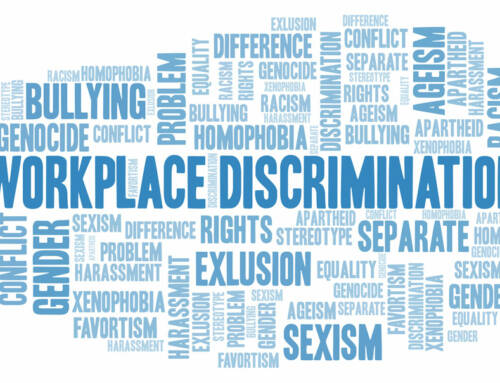A New York woman claimed in court documents the disgraced film producer sexually assaulted her in his home during a 2000 Presidential debate watch party.
The woman, who identified herself as Jane Doe V, stated that Weinstein exposed his genitals to her in 1992 and again in 1994. Afterward, Doe and Weinstein “reestablished their relationship.” Then, Weinstein invited her to watch the Presidential debate with him. When the actress excused herself to use the bathroom, Weinstein allegedly “blocked” her path and forced her onto the bed. “The sheer size and mass of Weinstein prevented the plaintiff from being able to escape his clutches, but once he backed up, she broke free, sprinted for the door, and never saw Weinstein again,” the lawsuit claims. Doe seeks unspecified damages since the assault “derailed” her career and caused intense mental anguish.
Ninety women have accused Weinstein, who is currently serving a twenty-three-year prison term, of rape.
Rape and the Statute of Limitations
Even people like Harvey Weinstein have legal rights. The statute of limitations, which makes it more difficult for victims to bring legal claims, is one of those rights. Most intentional tort claims, like assault, have a two-year statute of limitations. After that, victims cannot bring legal actions. However, as outlined below, the statute of limitations often does not apply in New York sexual assault claims. So, almost regardless of when the incident occurred, you may have important legal rights.
For most types of sexual assault, New York lawmakers recently extended the civil statute of limitations to twenty years. At the time, Governor Andrew Cuomo called the current five-year statute of limitations “an insult to these survivors.” So, “we’re providing them more time to come to terms with the trauma they experienced and to seek justice,” he explained.
The extended statute of limitations allows victims to prioritize their recoveries over the need to file a legal claim.
Similarly, New York lawmakers also recently extended the statute of limitations in child sex abuse claims. Now, these survivors may file legal claims until they are 55 years old. Many of these victims have an extremely hard time coping with these sexual assaults.
Additionally, child sexual assaults in New York have a one-year lookback period regardless of the victim’s age. This lookback period is based on the discovery rule, a general principle that could override the statute of limitations in various claims, not just sexual assaults.
Essentially, the statute of limitations clock does not start running, whether that clock is two years or twenty years, until:
- Victims understand the full extent of their injuries, and
- They connect those injuries with the defendant’s negligence or other misconduct.
Assume Wanda takes Drug X for ninety days in 2020. In 2021, long after she stopped taking it, Drug X’s manufacturer adds a cancer side effect warning label. Wanda’s doctor says she has cancer in 2022, she sees a TV documentary linking Drug X to cancer in 2023, and she files a legal claim in 2024.
The insurance company would probably claim that the two-year statute of limitations bars Wanda’s claim, because she should have known about the cancer-Drug X connection in 2022. But she did not learn about this link until 2023, which means she has until 2025 to file a claim.
Identifying Responsible Parties
Most rapists are not wealthy movie producers. The law normally prohibits parties from liquidating assets, like a house, in order to pay civil judgements.
While the actor is always legally and morally responsible for these acts, a third party might be financially responsible. Landowners, like apartment complex owners and hotel owners, have a duty to keep people safe. If the sexual assault was foreseeable and the owner failed to prevent it, financial liability could apply.
It is not just a question of money, although victims sorely need compensation in order to carry on. Third party claims force landowners to acknowledge their role in the tragedy and force them to change the way they do business.
Damages in a sexual assault or other intentional tort claim usually include compensation for economic losses, such as medical bills, and noneconomic losses, such as pain and suffering. Additional punitive damages might be available as well, in some extreme cases.
Sexual assault survivors normally have plenty of time to file legal actions. For a confidential consultation with an experienced personal injury attorney in New York, contact Marie Napoli.






